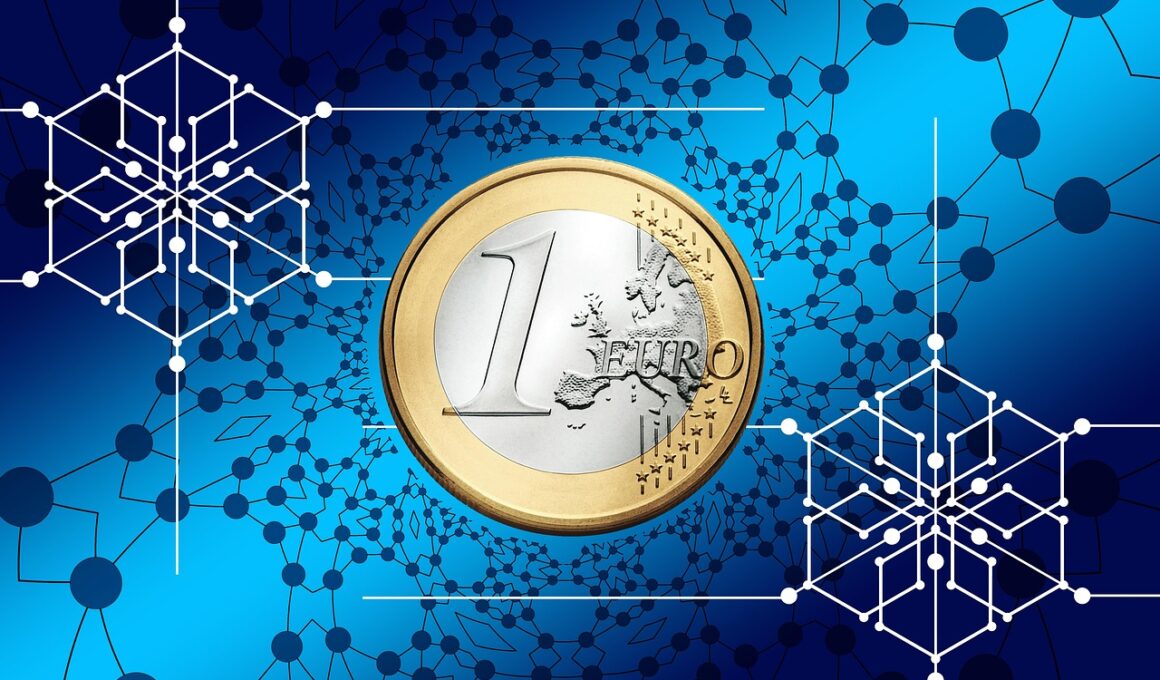How Digital Currency is Revolutionizing International Money Transfers
In recent years, digital currency has emerged as a powerful force in reshaping the landscape of international money transfers. This transformation is largely driven by advancements in blockchain technology, which offers a secure and efficient means of facilitating transactions across borders. Traditional remittance systems often involve high fees and lengthy processing times, making them less accessible for individuals seeking to send money to family or friends. In contrast, digital currencies such as Bitcoin and Ethereum allow for near-instantaneous transfers with significantly lower costs. As awareness of these benefits spreads, more people are turning to digital currency as a viable alternative for remittances, effectively democratizing access to financial services.
The use of digital currency in remittances provides a host of advantages that make it an attractive option compared to conventional methods. First, users can avoid the inflated fees charged by banks and remittance services. Second, digital currencies can often be exchanged at favorable rates, reducing the total cost of sending money abroad. Third, the process of sending and receiving funds is simplified, as customers can use their smartphones to complete transactions from anywhere in the world. Finally, digital currencies leverage decentralized networks, allowing for increased security and reducing the risk of fraud, which is particularly crucial in international transactions. This overall efficiency is making digital currency an appealing choice for remittances.
The Role of Blockchain Technology
Blockchain technology is a key enabler of digital currency’s impact on remittances. This decentralized ledger system ensures that transactions are secure, transparent, and immutable. When someone sends money using a digital currency, the transaction is recorded on a blockchain, allowing all users to verify its legitimacy without relying on a third-party authority. This minimizes the potential for errors and disputes, which are common in traditional financial systems. Moreover, blockchain also supports various cryptocurrencies, enabling transactions in multiple currencies without excessive conversion fees. As more countries embrace this technology, the integration of blockchain into remittance services is set to grow, further promoting a borderless financial ecosystem.
The global reach of digital currencies enables individuals to participate in the financial system, even in regions with limited access to banking. A significant portion of the world remains unbanked, making it difficult for people to send or receive funds through traditional means. Digital currencies allow users in these regions to access financial services through their mobile devices, bridging the gap and fostering economic inclusion. For instance, in areas affected by political instability or lack of infrastructure, digital currency can serve as a lifeline, providing a stable form of currency and an efficient way to transfer value. As this trend continues, the potential for financial empowerment grows.
Real-World Use Cases
Many individuals and organizations are already leveraging digital currency for remittances in practical ways. For example, companies like BitPesa and TransferWise are utilizing blockchain technology to facilitate lower-cost cross-border transactions. These platforms enable users to send money quickly and efficiently, eliminating the need for traditional intermediaries. Additionally, numerous communities are establishing local exchanges where people can convert their earnings into digital currency. This allows them to access funds without high fees, further facilitating economic growth in these areas. The success of these ventures highlights the growing confidence in digital currencies as reliable mediums for transferring value internationally.
Despite the numerous benefits, challenges remain in the adoption of digital currency for remittances. Regulatory uncertainty is one significant hurdle that must be addressed. Governments around the world are still formulating policies governing the use of digital currencies, which can create a complex landscape for users. Moreover, the volatility of certain cryptocurrencies can deter potential users who may fear losing money during price fluctuations. Additionally, security concerns surrounding digital wallets and exchanges persist, as hackers have targeted these platforms in the past. Educating users about the risks and best practices is crucial for fostering trust and encouraging wider adoption.
The Future of Digital Currency in Remittances
As we move forward, the role of digital currency in facilitating international money transfers is expected to grow even more pronounced. With advancements in technology, regulatory clarity, and increased financial literacy among users, the challenges currently faced may be surmountable. Consequently, the potential for more innovative solutions in remittance services is promising. For instance, emerging projects focusing on stablecoins could mitigate volatility while maintaining the benefits of blockchain transactions. Furthermore, collaborations between traditional financial institutions and fintech startups may lead to hybrid solutions that combine the best of both systems, ultimately enhancing the user experience.
In conclusion, digital currency is revolutionizing international money transfers by providing more accessible, affordable, and efficient alternatives to traditional remittance methods. By harnessing blockchain technology, users can navigate complex financial landscapes with ease while participating in a global economy. As awareness and adoption of digital currencies continue to rise, their impact on remittances reflects a significant evolution in how we transfer value across borders. The future holds immense promise for those exploring these new financial frontiers, emphasizing the importance of remaining adaptive in an ever-changing financial ecosystem.








